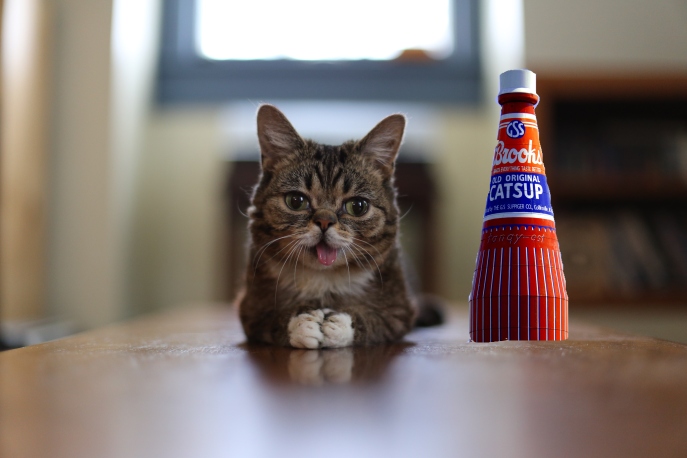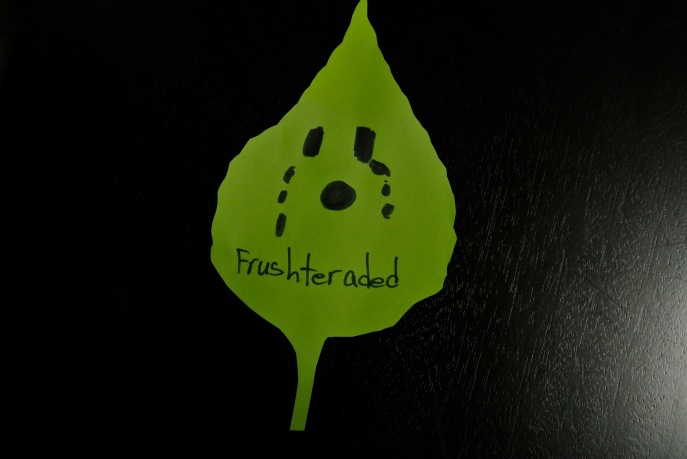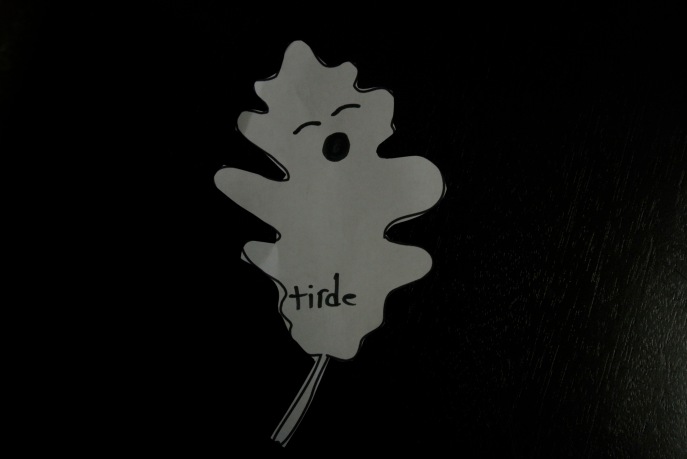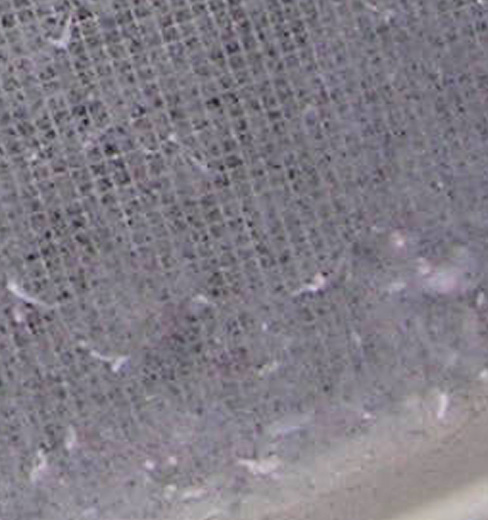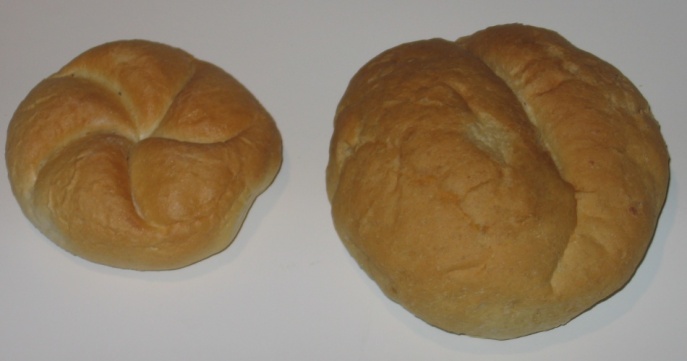I never had an imaginary friend as a child because I had a non-imaginary friend that I could talk to anytime and anywhere, my very own self.

As I’ve grown older, my inner dialog has morphed into an outer dialog. I feel the need to tell myself out loud what I’m going to do next, just in case I have forgotten. “Okay, first I’ll make coffee and eat breakfast, read the news online, and then take a walk.”
I also enjoy asking myself questions, especially while driving. “Can you believe that idiot cut in front of me?” I’ll ask myself. After I respond with a few choice words, I commiserate with myself and respond, “You poor thing. It’s a curse to have the unsought-for gift of turning into an idiot magnet once you get behind the wheel of a car.” I talk to myself a lot in the car because idiots from around the state are compelled to get in their cars to drive the same roads I am on just to get a glimpse, a very close glimpse, of me.
Home is where I talk to myself the most. While cleaning the base of the toilet, I ask myself out loud, “Who in their right mind uses toilet anchor bolt covers that pop off and require superglue to attach? Why don’t they use screw-on caps?” I ask myself that question every time I wipe the base of the toilet, knock off those little plastic covers and watch them roll behind the toilet. Only someone who never cleans a toilet could design something like that.

On occasion I use the mirror to role-play another person who needs to be told off. I rehearse a brilliant conversation in which I use my incisive reasoning skills and devastating humor to reveal their stupidity, callousness, or delusion, leaving the person duly chastised and at a loss for words in the face of my wisdom and oratorical skills. Sometimes I wear sunglasses when I do this because my brilliance can be blinding.
Once I have given the person a piece of mind, I can walk away knowing that I saved another piece of my mind, which would otherwise have been lost. At my age, you need to hang onto every single piece you have. I’ve lost quite a bit of my mind over the years, so I know what I’m talking about. Or at least I think I do.
I even talk in public when I think I am alone. If I have already begun talking out loud and notice someone within earshot, I hum and mumble made-up words to a real or imaginary song, so the person who got shot in the ear with my self-talk will think I’m merely singing to myself. Most people feel cordial to those who sing to themselves in public, judging them to have pent-up musical talent that can’t be contained. People who talk to themselves in public, on the other hand, are more likely to have just one talent: being crazy. And they themselves need to be contained.
Frequently when I’m in conversation with myself in my head or out loud, I remind myself of funny things that have happened, so I start laughing. If people carry their ears within hearing range, I pretend that laughter is part of the song that I was singing, which is harder than you think.
My repertoire of songs that include laughter is limited to four from my youth. All appeared in the 1960s. The first one, Wipe Out by The Surfaris, is instrumental with just one word, the title. Humming, laughing, and shouting out “Wipe Out!” alarms most people, however, so I avoid that one. Another one I’m reluctant to use is They’re Coming to Take Me Away by Napoleon XIV because I think they really would. The Beatles recorded the last two that I remember: I Am the Walrus and Ob-La-Di Ob-La-Da. Both have that LSD-authored quality of the decade. No matter how smoothly I segue into any of these songs though, the people around me get that look of panic that movie characters get when they hear a door open in the abandoned house they’ve gone to investigate alone, with no weapon or phone, because they suspect a serial killer might be hiding there, and it seemed like a good idea at the time, in spite of an entire theater full of people yelling at them to turn back.
I understand. I’ve been there myself. Not in an abandoned house looking for a serial killer, but walking near a person who is chatting away in a robust voice, but with phone-free hands. I’ve been convinced and alarmed that the person was deep in a self-argument until I carefully circled around and noticed the person wearing one of those Bluetooth earpieces.

I’m not much of a phone-talker and have never wanted an earpiece, but I think I might need one. When you’re long in the tooth and have the habit of talking to yourself in an audible voice, it’s best to have at least one tooth that’s blue. Of course, I won’t connect the earpiece to my phone; I wouldn’t want anyone to call and interrupt my conversations with myself.
Photos:
Painting from Sally Ann
Anchor bolt cover from Lowes
Bluetooth earpiece from Wikimedia








